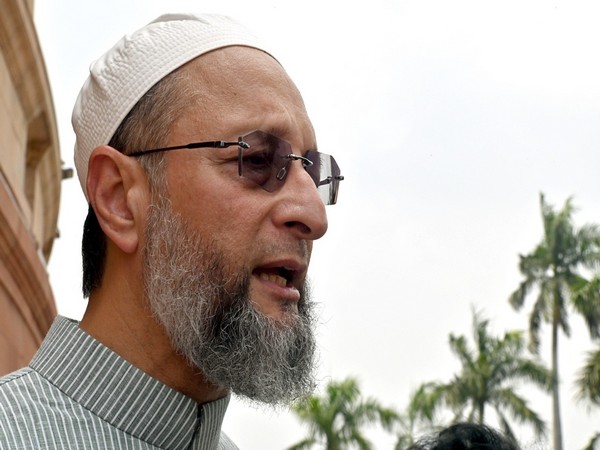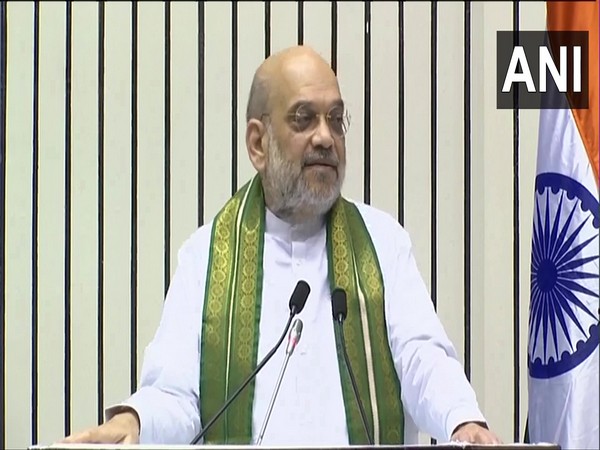All India Majlis-e-Ittehadul Muslimeen (AIMIM) chief Asaduddin Owaisi has approached the Supreme Court seeking a stay on the implementation of the contentious Citizenship Amendment Act (CAA).
In his petition, Owaisi sought directions to the central government not to entertain or process the applications seeking grant of citizenship status under Section 6B of the Citizenship Act, 1955 (as it stands amended by the Citizenship (Amendment) Act, 2019) during the pendency of the proceedings.
Advocate Nizam Pasha, Asaduddin Owaisi’s attorney, told ANI that they filed an application in 2019 when the act was passed in Parliament.
“We had filed a petition in 2019 when CAA was passed, challenging its constitutional validity in Articles 21 and 25. At that time, the application for interim stay was not argued because the lawyers for the central government had said that they had no intention of immediately operationalising the act. Now, after four years, the government has notified rules to operationalise the act and therefore we are filing an interim application asking for a stay of implementation of the act and the rules,” he said.
The Union Home Ministry notified the rules for implementation of the Citizenship Amendment Act (CAA) on March 11.
Asaduddin Owaisi questioned the fate of 1.5 lakh Muslims, who were allegedly left out of the National Register of Citizens (NRC) list in Assam after the Citizenship Amendment Act (CAA) was implemented in the state.
Addressing a public meeting in Hyderabad on Friday, days after the BJP-led Centre published the rules for implementing CAA across the country, Owaisi said, “Assam CM Himanta Biswa Sarma said the 12 lakh Hindus not listed in the NRC that was conducted in the state will be given Indian citizenship under the CAA. But what about the 1.5 lakh Muslims?”
The CAA rules, introduced by the Centre and passed by the Parliament in 2019, aim to confer Indian citizenship to persecuted non-Muslim migrants, including Hindus, Sikhs, Jains, Buddhists, Parsis, and Christians who migrated from Bangladesh, Pakistan, and Afghanistan and arrived in India before December 31, 2014. (ANI)
For more details visit us: https://lokmarg.com/

